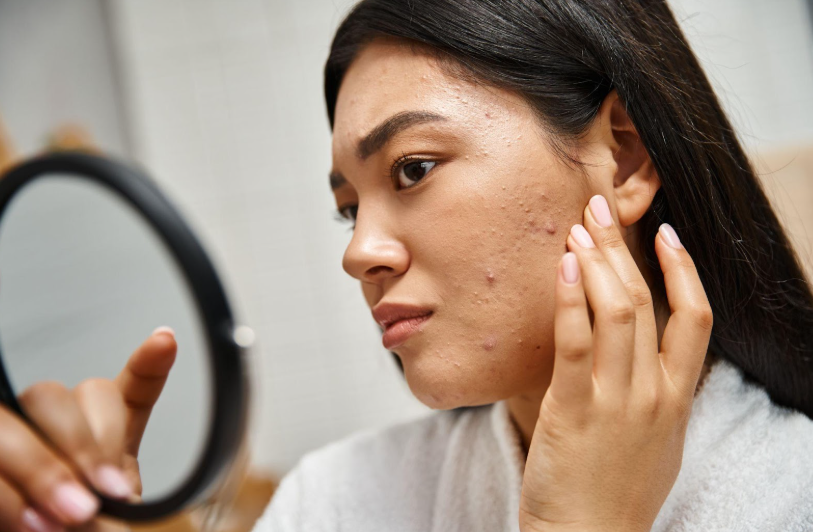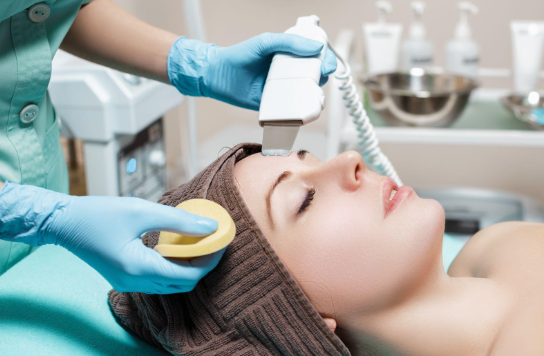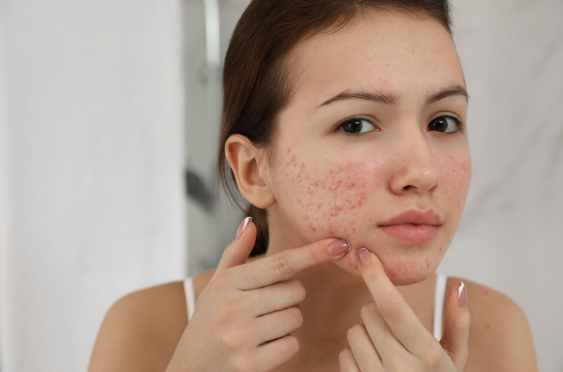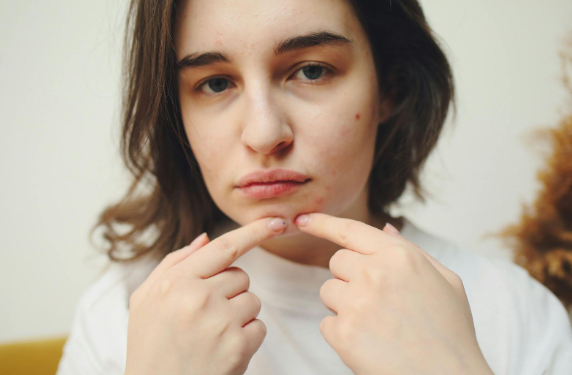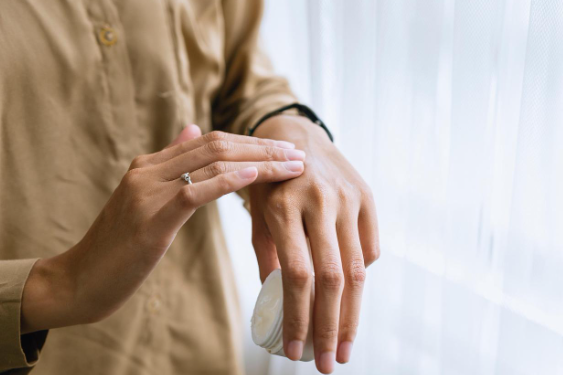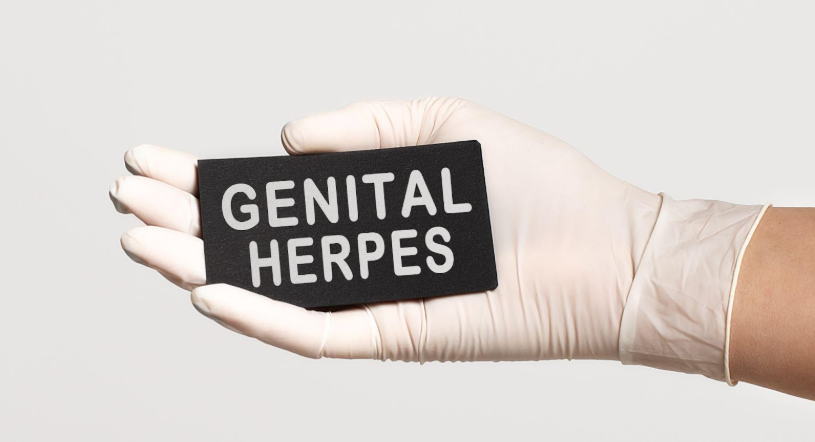Everything You Need to Know about Accutane
Everything You Need to Know about Accutane

Dealing with severe acne can be a frustrating and challenging experience, and many people have turned to Accutane as a treatment option. Accutane is a powerful medication that has been used to treat severe acne for over 30 years. While it has been highly effective in treating acne, there are also many misconceptions and concerns surrounding this medication.
That's why we've created this guide to help you understand everything you need to know about Accutane. From how it works to potential side effects and long-term considerations, we'll provide you with the information you need to make informed decisions about your skincare.
What Is Accutane?
Accutane is a medication that is primarily used to treat severe acne. It belongs to a class of drugs known as retinoids, which are derivatives of Vitamin A. Accutane works by reducing the amount of oil produced by the skin, which can help prevent clogged pores and acne breakouts. It is typically taken orally, usually in the form of a pill or capsule.
Accutane has become a popular acne treatment option due to its
high success rate. In many cases, Accutane can help clear up severe acne when other treatments have failed. It is also a relatively short-term treatment, with most patients seeing results within a few months.
Despite its popularity, Accutane is often surrounded by misconceptions and concerns. One common misconception is that it is a "miracle cure" for acne, which is not entirely accurate. While Accutane can be highly effective, it is not a guaranteed cure, and results can vary depending on the individual. However, it can still offer several benefits for those with severe acne.
There are also concerns about the potential side effects and risks associated with Accutane. These can include dry skin, chapped lips, and nosebleeds, as well as more serious side effects such as depression and birth defects.
How Accutane Works
Accutane works by targeting the underlying causes of acne, which are overactive sebaceous glands and clogged pores. The medication reduces the amount of oil produced by the sebaceous glands, which helps prevent the buildup of oil and bacteria that can lead to acne breakouts. Accutane is also thought to have anti-inflammatory properties, which can help reduce the redness and inflammation associated with acne.
How it Reduces Acne
Accutane is highly effective at reducing acne, particularly in severe cases of acne that have not responded to other treatments. In many cases, Accutane can even clear up acne completely, leaving patients with smooth, clear skin. It is thought to work by reducing the size and activity of the sebaceous glands, which helps to prevent clogged pores and acne breakouts.
Comparison to Other Acne Treatments
Accutane is often used as a last resort for treating severe acne that has not responded to other treatments, such as topical medications or antibiotics. While these treatments can be effective for milder forms of acne, they may not be sufficient for severe cases. In comparison to other acne treatments, Accutane is typically more effective at reducing acne, but it also comes with a higher risk of side effects and requires close monitoring by a healthcare provider.
Benefits of Accutane
While Accutane is not without its risks and side effects, it can offer significant benefits for patients with severe or persistent acne. Its benefits may include:
- Dramatic Improvement in Acne
- One of the primary benefits of Accutane is its ability to dramatically improve acne symptoms in many patients. Clinical studies have shown that Accutane can lead to an 88% reduction in acne lesions on average, with some patients experiencing even greater improvement. This can help improve self-esteem, reduce social anxiety, and enhance the overall quality of life.
- Long-Lasting Results
- For many patients, the effects of Accutane can be long-lasting—even after discontinuing the medication! This is because Accutane targets the root causes of acne, such as excess sebum production and inflammation, rather than simply treating the symptoms. While some patients may experience an acne relapse after stopping Accutane, many others enjoy clear skin for years after treatment.
- Potential for Complete Remission
- In some cases, Accutane can actually lead to a complete remission of acne symptoms. This means that patients may no longer experience any acne lesions or other related symptoms, even after discontinuing the medication. While not all patients achieve a complete remission with Accutane, it is a possibility for some.
Is Accutane Right for You?
Accutane is typically recommended for individuals who have severe acne that has not responded to other treatments. This may include cystic acne, nodular acne, or acne that is causing scarring or emotional distress. Before considering Accutane, it is important to speak with a healthcare provider and undergo a thorough evaluation to determine if the medication is appropriate for you.
Potential Risks and Side Effects
The most common side effects of Accutane include dryness of the skin, lips, and eyes, increased sensitivity to the sun, headaches, stomach pain, joint pain, and changes in blood sugar levels. In rare cases, it can also cause liver damage, depression, and an increased risk of birth defects, so women who are pregnant or may become pregnant should not take the medication.
While many side effects of Accutane are temporary and resolved after completing treatment, some may persist or have long-term effects. For example, some patients may experience dry eyes or decreased night vision, which can be permanent. There is also some evidence to suggest that Accutane may increase the risk of certain health conditions, such as osteoporosis or liver damage, although these risks appear to be relatively low. Patients who have completed a course of Accutane should continue to monitor their health and discuss any concerns with their healthcare provider.
Precautions and Considerations
Due to the potential risks associated with Accutane, there are several precautions and considerations that should be taken into account before beginning treatment. Patients may need to undergo regular blood tests and check-ins with a healthcare provider to monitor for potential side effects. Women who are of childbearing age may be required to use two forms of contraception while taking Accutane, and men may be advised to avoid donating blood while on the medication. It is also important to avoid excess sun exposure and use daily sunscreen with a high SPF while on Accutane. Ultimately, the decision to use Accutane should be made in consultation with a healthcare provider and based on an individual's unique circumstances and medical history.
What to Expect During Accutane Treatment
Accutane treatment is a commitment, and patients should be prepared to take the medication for at least 16 weeks. During this time, patients should expect to take a series of oral medications, as well as obtain regular lab work and make periodic visits to the doctor for monitoring. It is important to note that Accutane can cause serious side effects, including depression and suicidal thoughts, so close monitoring and support from a doctor and family members are key. Patients should also expect to use oil-free moisturizer and makeup, as well as avoid direct sun exposure, waxing, and electrolysis.
How to Monitor Your Progress During Treatment
During your treatment, it is important to monitor your progress carefully to ensure that the medication is working. Your doctor will likely request that you come in for regular check-ups, usually every month or so. During these check-ups, your doctor will check your skin for changes. They may take photos of your skin and compare them to the photos taken before treatment, use a visual inspection to assess your skin, or use medical imaging tests to get a closer look. Your doctor may also do blood tests to analyze your cholesterol level or liver enzymes. By monitoring your progress, your doctor can make sure that the treatment is working as expected.
What to Expect After Accutane Treatment
After Accutane treatment, many people experience improved skin. You should continue to take care of your skin by using gentle products and avoiding the sun and tanning beds. Your skin may still be sensitive to the sun, and you may have to wear sunscreen and protective clothing for several months after treatment. In some cases, acne may return after Accutane treatment, but it is usually milder than it was before. In such cases, you may have to use OTC products or prescription medications to keep it at bay. Additionally, some people may experience dryness or peeling of their skin for several weeks after treatment. If this occurs, moisturizers and gentle cleansers may help alleviate some of the discomfort.
The experts at
Pine Belt Dermatology are here to help you find the best acne treatment for your individual needs. Don't let acne hold you back any longer. With the right treatment, you can achieve clearer, healthier skin and feel confident in your appearance. Contact Pine Belt Dermatology today to learn more about how we can help you achieve your skincare goals. We offer a range of treatments, including Accutane, and can help you explore your options and make an informed decision. If you are in the Hattiesburg, Petal, Ellisville, or Biloxi area,
get in touch!
